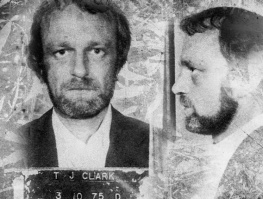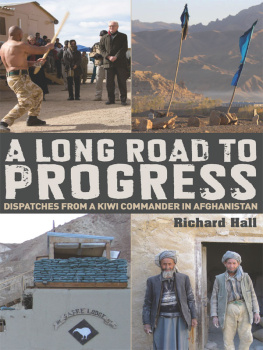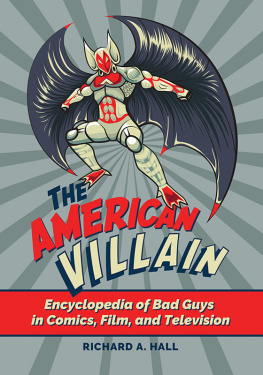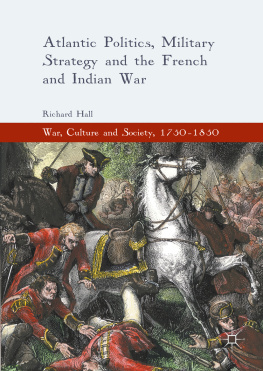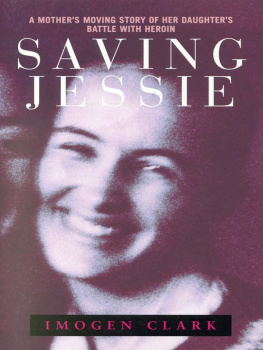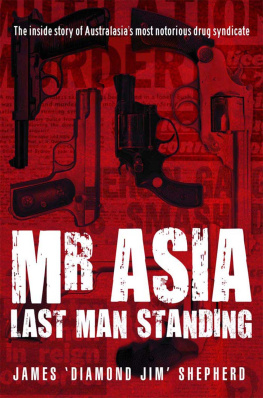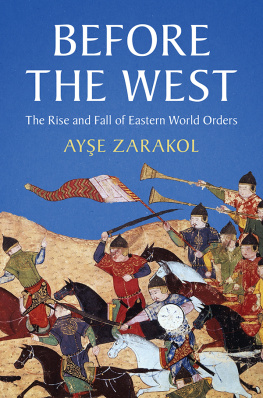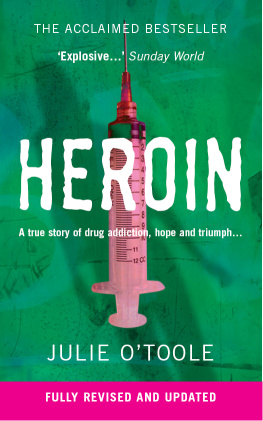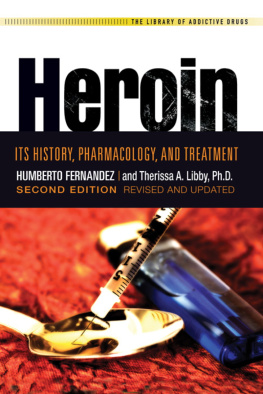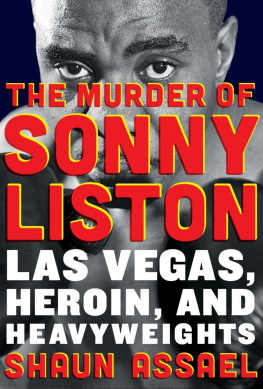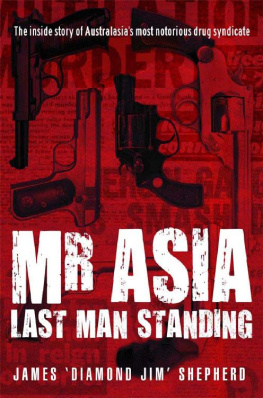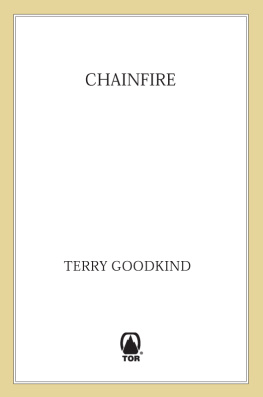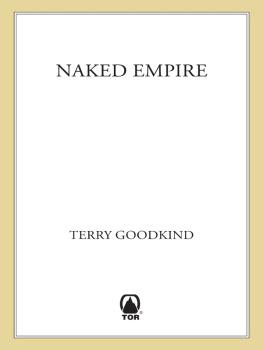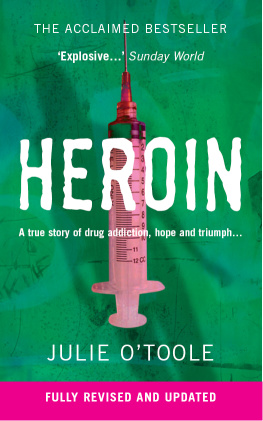Richard Hall - Greed. The Mr Asia Connection
Here you can read online Richard Hall - Greed. The Mr Asia Connection full text of the book (entire story) in english for free. Download pdf and epub, get meaning, cover and reviews about this ebook. year: 2011, publisher: ePub Direct;Five Mile Press;The Five Mile Press, genre: Detective and thriller. Description of the work, (preface) as well as reviews are available. Best literature library LitArk.com created for fans of good reading and offers a wide selection of genres:
Romance novel
Science fiction
Adventure
Detective
Science
History
Home and family
Prose
Art
Politics
Computer
Non-fiction
Religion
Business
Children
Humor
Choose a favorite category and find really read worthwhile books. Enjoy immersion in the world of imagination, feel the emotions of the characters or learn something new for yourself, make an fascinating discovery.
- Book:Greed. The Mr Asia Connection
- Author:
- Publisher:ePub Direct;Five Mile Press;The Five Mile Press
- Genre:
- Year:2011
- Rating:3 / 5
- Favourites:Add to favourites
- Your mark:
- 60
- 1
- 2
- 3
- 4
- 5
Greed. The Mr Asia Connection: summary, description and annotation
We offer to read an annotation, description, summary or preface (depends on what the author of the book "Greed. The Mr Asia Connection" wrote himself). If you haven't found the necessary information about the book — write in the comments, we will try to find it.
Drugs, wealth, partying - murder. These were the bad habits that brought down the 1970s international heroin empire, the Organisation. Martin Johnstone was murdered under orders of Terry Clark and this is the subsequent account.
Greed. The Mr Asia Connection — read online for free the complete book (whole text) full work
Below is the text of the book, divided by pages. System saving the place of the last page read, allows you to conveniently read the book "Greed. The Mr Asia Connection" online for free, without having to search again every time where you left off. Put a bookmark, and you can go to the page where you finished reading at any time.
Font size:
Interval:
Bookmark:
Chapter 1
Education of a Kiwi
Clark On November 12 at Edward Murphy Memorial Home, to Mr and Mrs Leo Clark, a son.
Gisborne Herald , 13 November 1944
CAPTAIN JAMES Cook is not remembered with affection in the New Zealand city of Gisborne, for it was he who named the region Poverty Bay after he made his first New Zealand landfall there in 1769. When his ship stood out to sea two days later, Cook noted in his diary for 11 October I have named [it] Poverty Bay, because it afforded us no one thing that we wanted: it had been a disastrous few days and the first white intrusion into New Zealand since Tasman, more than a hundred years before, was marred by violent clashes with the Maori.
The indignity of the name Poverty Bay has rankled ever since. One of New Zealands standard guide books, after praising the fertility of Gisbornes market gardens, the appeal of her sun-drenched ocean beaches, and the obvious prosperity of the city itself, concluded: how mistaken Captain James Cook was when he named the area Poverty Bay. But the name is so obviously a misnomer that its irony has been preserved. Not quite preserved. Sir Harry Baker, mayor of Gisborne for 27 years, proudly boasted in his 1978 autobiography that successful campaigning had reduced the Poverty Bay prefixes in the telephone directory to 16, compared to over 100 using Gisborne. [ Presumably in New Zealand at that time, people could elect their own telephone prefix. ]
The town into which Terence John, the son of Leo and Jessie Clark, was born in 1944, was almost literally the end of the world, even for the antipodes. The railway had reached it only three years before, and its promoters had tried to make the best of the isolation by dubbing it The City of the Sun and the whole area The Sunrise Coast on the claim that it is the first city in the world to see the new days sun.
Gisbornes isolation and its hinterland have defined its role as a service centre for farms and a processing centre for rural products. In 1944 its largest industry was still the freezing works where Leo Clark worked. The Clark family lived on the wrong side of the towns river in a weatherboard cottage long since pulled down. The reputation of the freezing workers (abattoir employees or slaughter-house men elsewhere) is a fairly tough one in New Zealand. Often casually employed workers, because the killing line ran for only part of the year for the variable export trade, the freezing workers were the proletariat of the town and provided its militants. Some of New Zealands most bitter industrial disputes have been fought out between the owners and the freezing workers in the small towns. Gisbornes freezing works, however, had always enjoyed easy-going industrial relations. Leo Clark, who had come into the city from a farming family, was, in any Case, no militant: his ambitions ran in other directions. In the hinterland there were a few rich farmers, but since they bought from Auckland or Wellington, they had little to do with the local centre. Most of the farmers who dealt with Gisborne in the 1940s and 1950s were still undercapitalised battlers, cockies or small farmers. In the town itself there was no great wealth. Indeed, the 1940s and 1950s were the most egalitarian decades in New Zealands history.
In Gisborne and other towns like it, the great leveller was sport. There the working-class man could expect to play alongside the richest merchant in the town; later, they would serve together on the same committees. Leo Clark was a sportsman, a strong surfer and one of the founders of a new surf club, Midway, at the end of Gisbornes main street. In the memory of Gisborne it was still good old Leo, even though he left the town almost 20 years before. He was, as he got older, a judge at surfing contests and even for the annual New Zealand Surf Life Saving Association Championships. His son, Terry, was to grow up with the towns good guy father image in front of him, something many kids have found difficult to live with, let alone live up to.
Terry Clark went first to Gisbornes Central School, for four years of primary education, and then transferred to Gisborne Intermediate School. If his teachers dont par ticularly remember him, some of his former classmates do. In sports-mad New Zealand, Terry, short and runtish, was a bit of an odd man out. He was indeed, his schoolyard peers recall, the loner, the first with a Cornell Wilde haircut, who called himself a bodgie (the antipodean equivalent of a teddy boy). Smoking was the accepted form of rebellion for the teenagers down in the schoolyard and after hours. Around town he always had a derb [ a roll-your-own ] hung from his lips the way tough kids did, one of his schoolmates recalls. By now, Terry had a younger brother, Paddy, and a sister, Judith. Everyone liked Paddy, which was another cause for grievance and alienation, especially when Paddy did well at school in classes and finished high school, something Terry never achieved.
In the early 1950s, while Terry was still at primary school, Leo took a vital step to better himself: he bought Gisbornes pie-cart, something of a local institution. In those dim, distant times before television, the local pic ture show was the main, almost the only, entertainment. After the film people went to the pie-cart at the Bank of New South Wales corner on Gladstone Road and Peel Street. The pie-cart was a substantial caravan linked to the towns electricity supply for cooking and light. As well as pies, it provided sausages and bacon for the night-owls. Leos geniality and popularity made him well fitted to play the host. After buying the cart, Leo was soon able to purchase a house in the better part of town. By 1954 the family had moved to 428 Palmerston Road, a fairly substantial weatherboard house by New Zealand country standards. By 1957 Leo, while keeping the pie- cart, took a decisive step towards independence and established a driving school, the first in the town. He thought the change of occupation important enough to go to the electoral office and fill out a form changing his occupation on the roll from Freezing worker to Instructor.
While his father played a more noticeable part in the life of the small town, Terry Clark was still the loner. In the usual schoolyard fights at Gisborne Intermediate, he showed more than usual aggression: he was different, he wanted to be looked up to as tough. Several of his contemporaries recall how he talked of having a knife and being prepared to use it, a fairly unusual threat in a New Zea land provincial town at the time. Outside the school, Gisborne had nothing for adolescents who didnt play sport. There was the Zambesi Coffee Shop where the bodgies used to gather in cuffless trousers and vinyl jackets, but that was closed down after some fights. In 1959 Terry was apparently involved in a stabbing incident, but details are obscure. Terry Clark came to the end of his school days with all the prospects of a dead-end kid and an apparent readiness to play just that role. The prominence of good old Leo in the small town and his brothers relative scholastic success both highlighted Terrys failure to be a credit to his family. Girls in Gisborne, to the teenagers of the 1950s, meant the Saturday dance in the Kahiti Hall, over the bridge on the north side of town. Terry was no sports hero, he had no farm property to inherit, and no other achievements. He didnt engage in illicit drinking outside in the garden, although his tough guy image was always underlined by his trademark, the derb. Not surprisingly, he didnt star with the girls. Those who saw him at the dances recall him as being one of those on the outer.
Like most New Zealand provincial town boys, Terry Clark got out as soon as he could. By 1962 he was working in Auckland as a welders assistant. His parents had left Gisborne at about the same time, after his father had changed his listed occupation on the electoral roll yet again to Agent: he had done some life-assurance selling in the last year in Gisborne. But even though the family had been gone 17 years when Terrys name reached the headlines in 1979, Leos services to the town still counted for something. The local paper, The Gisborne Herald , ran a brief story identifying Terry Clark as Leo Clarks son; they argued that this was reasonable enough, to identify which Clark, when there were 20-plus Clarks left in Gisborne. But the news item drew a complaint to the New Zealand Press Council from Leos old friends in the town and the newspaper was reprimanded.
Next pageFont size:
Interval:
Bookmark:
Similar books «Greed. The Mr Asia Connection»
Look at similar books to Greed. The Mr Asia Connection. We have selected literature similar in name and meaning in the hope of providing readers with more options to find new, interesting, not yet read works.
Discussion, reviews of the book Greed. The Mr Asia Connection and just readers' own opinions. Leave your comments, write what you think about the work, its meaning or the main characters. Specify what exactly you liked and what you didn't like, and why you think so.

